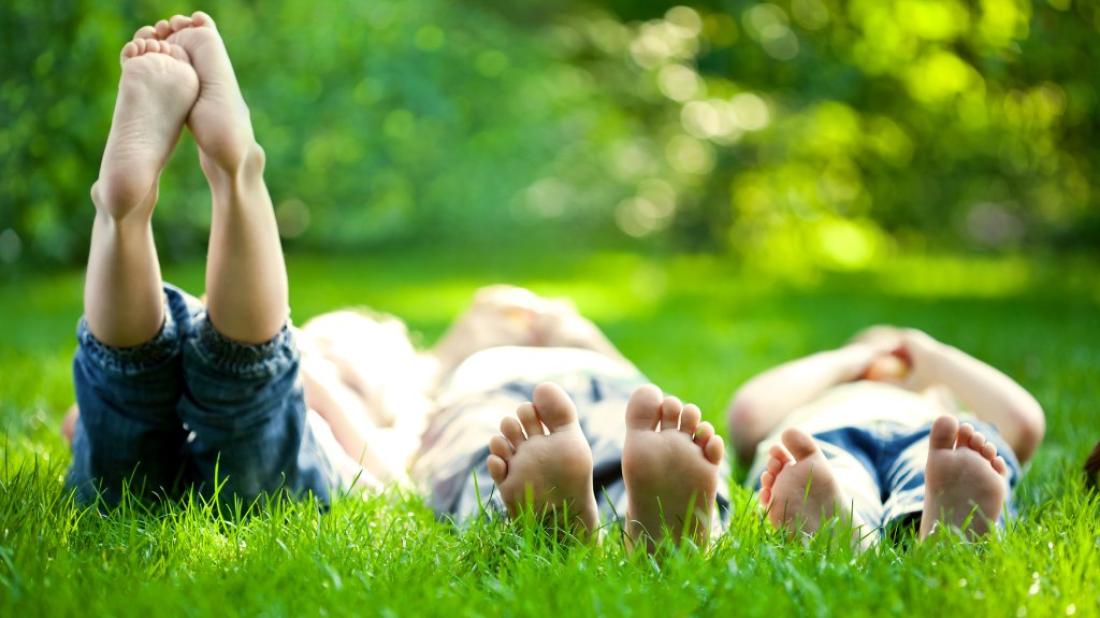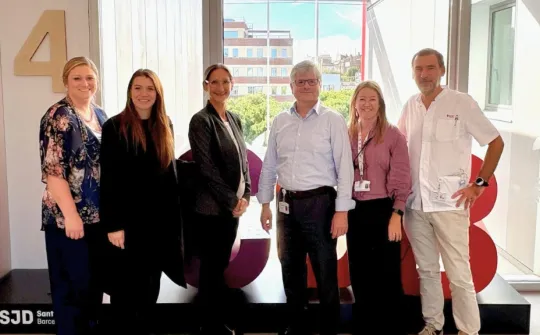
A study has highlighted the relationship between the seasons of the year and ADHD in children and adolescents, especially in relation to the lack of attention and changes in ambient light.
The conclusions of the study, led by Dr José Angel Alda, head of the Psychiatry Section and coordinator of the ADHD Unit at SJD Barcelona Children's Hospital, and a member of the Child and Adolescent Mental Health Research Group at the Sant Joan de Déu Research Institute (IRSJD); and Dr María Izquierdo, professor of Nutrition and Food Sciences at The University of Barcelona, have revealed that in summer, the time of the year with greatest light intensity and daylight hours, children with ADHD show fewer symptoms of attention deficit than in winter, when the days are shorter and the light is less intense.
José Angel Alda said that “these results highlight the importance of ambient light in regulating ADHD symptoms and suggest that factors such as the season of the year could have a significant impact on the emotional well-being of children with this disorder. This raises the question of how environmental conditions can influence mental health and how strategies can be adapted to treatment in order to take these external factors into account”.
Further information
See further information about this topic on the website of Sant Joan de Déu Research Institute (IRSJD)



